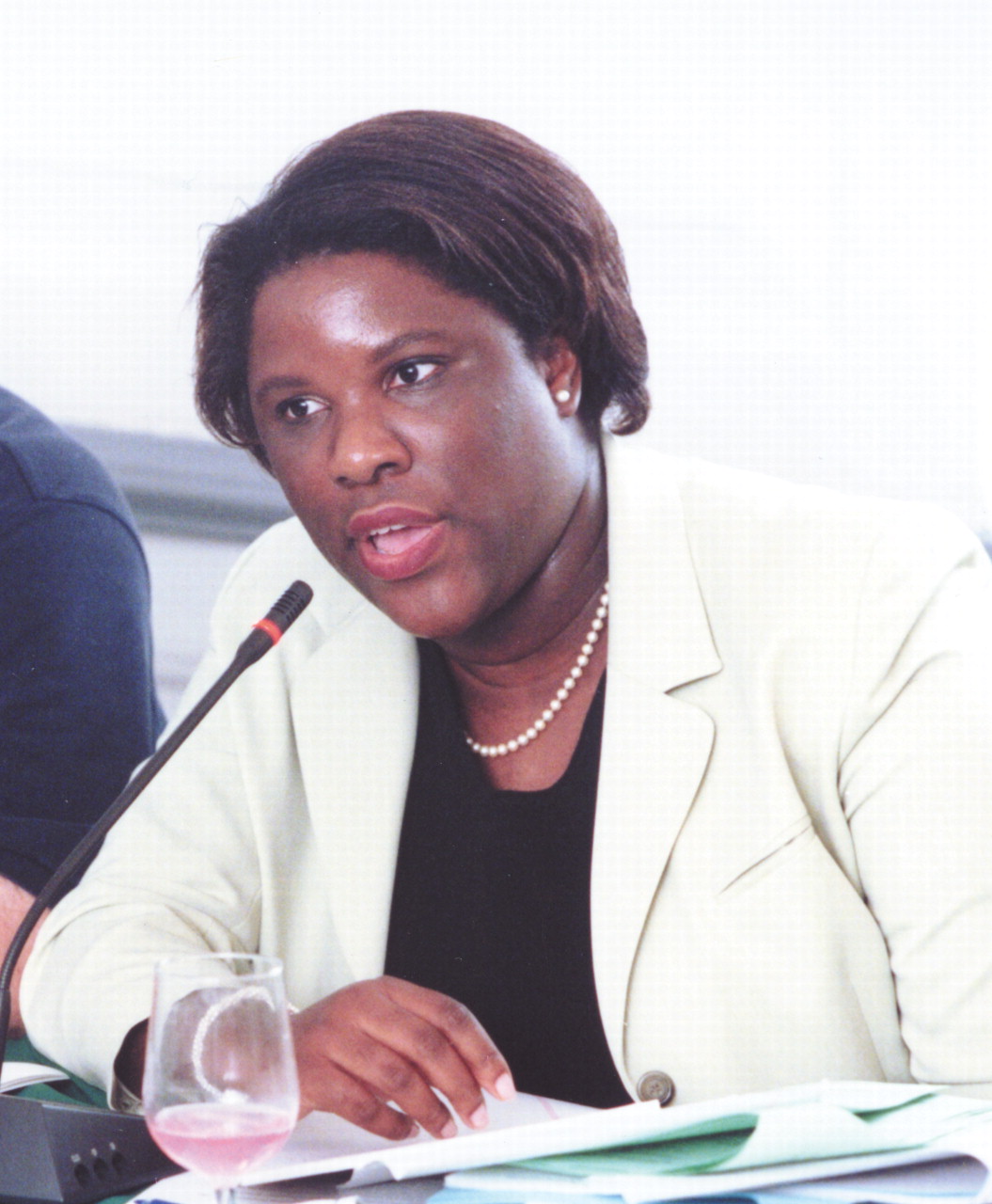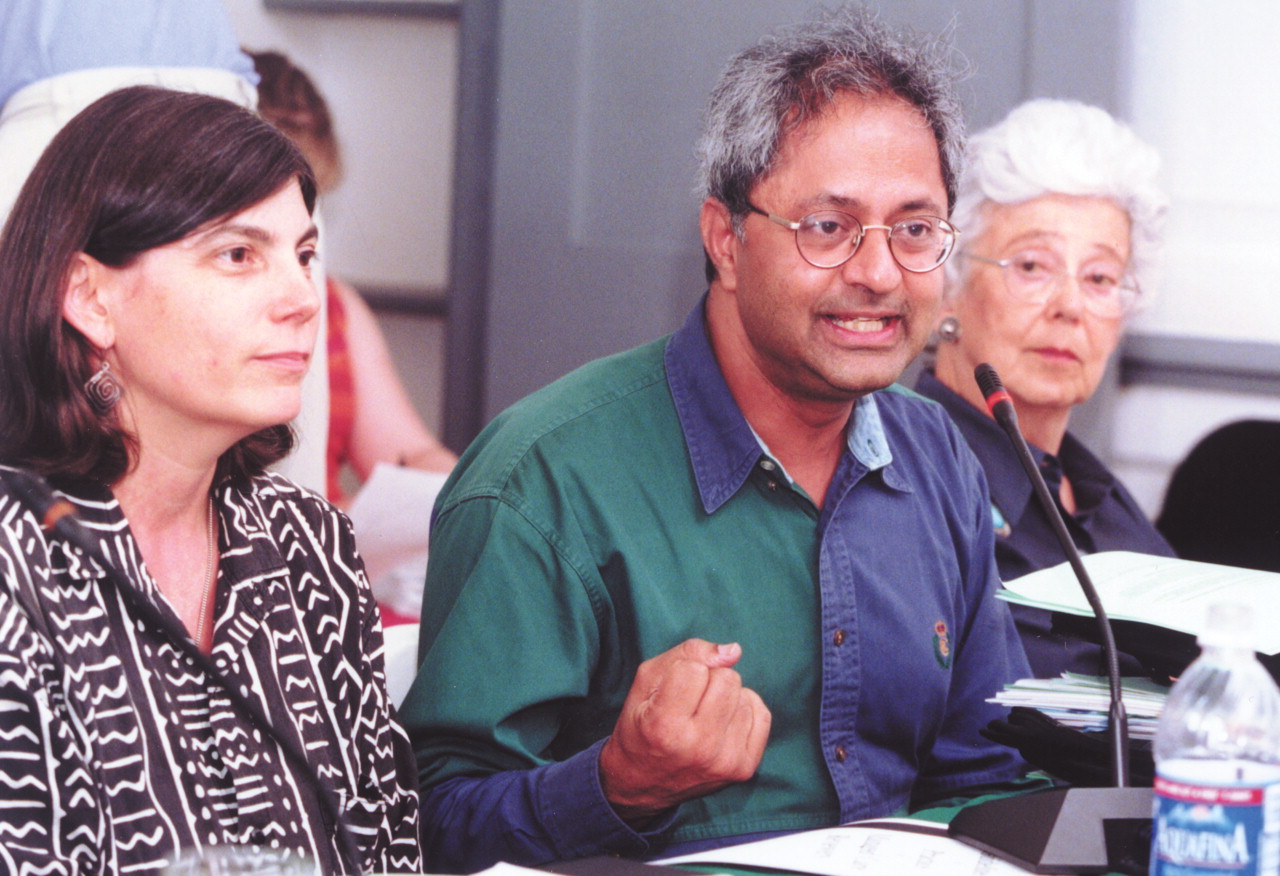APA members will pay the same national dues for 2002 that they paid this year. The continuation of the APA dues freeze for another year was approved by the APA Board of Trustees at its meeting last month in Annapolis, Md.
Next year will mark the fifth year of a moratorium on dues increases.
In contrast to the overwhelming support the dues-increase moratorium has garnered among the Trustees, this year’s vote was preceded by a discussion in which several Board members acknowledged that while dues have been held steady for six years, the cost of everything APA purchases and pays for—health insurance and other personnel-related costs, for example—has risen considerably.
Other Actions
In other actions the Board of Trustees voted to
• support the application as a new, formally recognized subspecialty, the domain traditionally referred to as consultation-liaison psychiatry. After considerable debate, however, the Board postponed a decision on approving a name for the subspecialty as it reviews suggestions such as psychiatry of the medically ill, psychosomatic medicine, and consultation-liaison psychiatry. The controversial proposal arose when the American Academy of Psychosomatic Medicine sought APA recognition of its area of expertise, often referred to as consultation-liaison psychiatry, as a psychiatric subspecialty. The request went to APA’s Council on Medical Education and Career Development, which decided against supporting the idea.
Thomas Wise, M.D., a member of both APA and the Academy of Psychosomatic Medicine, urged the Board to back the proposal, while Sherwyn Woods, M.D., vice chair of the Council on Medical Education and Career Development, urged its rejection.
Psychosomatic medicine is not a new domain of medicine, Wise said; it has been around for half a century. Yet over the past decade, he said, it has fallen into “grave trouble,” and subspecialty recognition is urgently needed to preserve its future. If the domain receives subspecialty recognition, he continued, it will not threaten the larger psychiatric community who do consultation work any more than addiction, child, forensic, or geriatric psychiatry have.
“The council did not deal with this matter in a cavalier way,” Woods countered. “We feel there has been a trend toward the balkanization of psychiatry, and it is not a good trend.” Assembly Speaker Nada Stotland, M.D., commented that this subspecialty “has added enormous richness to our field, as have the other subspecialties approved in previous years.”
While APA can recommend the recognition of a new subspecialty, the decision about such recognition ultimately rests with the American Board of Psychiatry and Neurology.
• approve a new APA practice guideline on the treatment of patients with borderline personality disorder. (Details of the practice guideline will appear in the next issue of Psychiatric News.)
• postpone until October a proposal on the procedure APA would use for amending its bylaws. Under the bylaws that went into effect on January 1, the bylaws can be amended by a vote of the Board or the APA membership. The Board debate centered around a proposal to include the Assembly in the bylaw-amendment process. The Trustees discussed whether Assembly approval should also be required before bylaw amendments could be approved or whether the Assembly would be given the right to overturn Board-approved amendments by a two-thirds vote.
• include a check-off box on member dues bills that will allow them to include a voluntary contribution to APA’s newly approved political action committee, APA-PAC. This money will be donated to the campaigns of candidates for political office who support issues important to psychiatrists and their patients.
• fund requests from the Commission on Public Policy, Litigation, and Advocacy to provide financial support to four district branches for parity or psychologist scope-of-practice legislation.
The Mississippi Psychiatric Association will receive $5,000 and the Iowa Psychiatric Society $3,000 to develop a model coalition to work toward the passage of mental health parity legislation in the state. The Georgia Psychiatric Physicians Association will get $12,500 to address scope-of-practice issues, and the Louisiana Psychiatric Medical Association will receive $41,000 for the same purpose. In both states psychologist-prescribing bills almost became law in a previous session of the state legislature and are likely to be reintroduced in the next session.
• extend the pilot program that permits allied psychiatric organizations eligible for membership in the APA Assembly’s Allied Organization Committee to recommend one representative to APA who will be appointed to and have a vote on an APA component working in an area related to the allied organization’s area of expertise.
• adopt a position statement on juvenile death sentences that calls for a ban on such executions for offenders who committed their crimes before age 18. The statement points out that “adolescents are less able than adults to consider the consequence of their behavior, are easily swayed by peers, and may show poor judgment. That juveniles differ from adults in decision-making capacity is reflected in our nation’s laws regarding voting, driving, access to alcoholic beverages, [and] consent to treatment. . . .”
• have the APA Commission on Judicial Action prepare an amicus brief in the case Kansas v. Crane that will argue for limitations on the circumstances in which “sexual predators” who have completed prison terms can be committed to psychiatric facilities without going through the civil-commitment process required to commit a mentally ill person.
• join an amicus brief by the American Psychological Association filed in Ernest McCarver v. North Carolina, which argues that there is now a national consensus for banning executions of people with mental retardation.
• express strong support for the World Psychiatric Association in its efforts to investigate promptly allegations of political misuse of psychiatry by the government of China.
In addition to its slate of proposals, the Trustees heard a presentation from two members, Cindy Carter, M.D., president-elect of the Central New York District Branch, and Ramaswamy Viswanathan, M.D., Assembly representative for the Asian-American Psychiatrists caucus.
Carter described what it is like to practice in a remote, rural area of upstate New York and how “there is a profound need for psychiatric care” in such regions. She urged APA to address the serious need for psychiatrists in such underserved areas.
Carter noted that one partial solution to the psychiatrist shortage would be to establish a program of psychiatry residency fellowships in underserved areas.
Viswanathan pointed to the increasing numbers of minority psychiatrists assuming leadership positions in the Assembly and on the Board of Trustees as evidence of the success of APA’s efforts in promoting minority involvement in the Association. He suggested that APA could reach out to minorities by continuing to promote the appointment of qualified minority members to appropriate components, continuing efforts to inform members about what it is doing to promote minority interests, and addressing areas, such as public psychiatry, that are of particular interest to minority members. ▪


